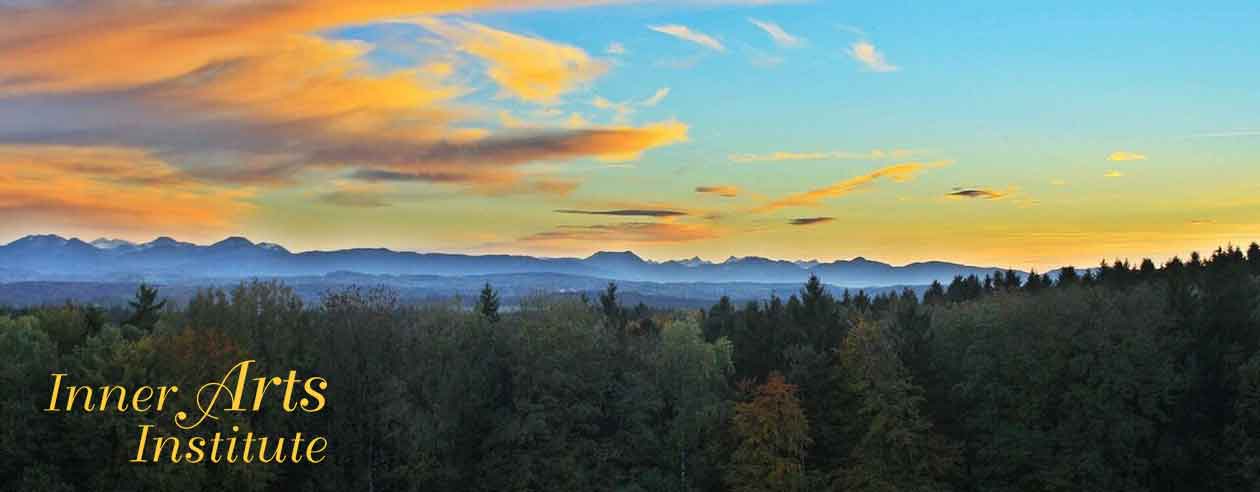 At the Inner Arts Institute, we focus on a mixture of methods to help a person release trauma from his or her body. One major concept behind our work is the transgenerational transmission of trauma.
At the Inner Arts Institute, we focus on a mixture of methods to help a person release trauma from his or her body. One major concept behind our work is the transgenerational transmission of trauma.
Studies on epigenetics confirm that our ancestors, grandparents, and parents pass down wonderful traits like our gifts and talents, strength, and our body type. What our family also passes down is unfinished trauma.
But how do unfinished trauma transmissions work? How do we inherit our gifts and long-passed traumatic experiences from family members we may have never even met?
1. Through our DNA
| As seen here in a PBS video about the children of Holocaust survivors |
| Epigenetics, as written beautifully within the Atlantic Monthly, Oct 2018 |
| And revealed in Emory University’s 2013 mice and cherry blossoms experiment |
2. In Family Dynamics
| Through our family constellations |
| And through family loyalties and the morphogenetic field |
| We repeat experiences and burden sharing |
3. Through Our Culture
| In collective and cultural shadow structures |
Getting in touch with these three areas help us to become aware of the root of many of our personal issues. Although talking to a supportive person is helpful, talking keeps us in our higher brain functions and does not allow us to access our unconscious or transgenerational issues.
To connect with these issues, we need to stay in tune with our bodies and become highly attuned to our breathing patterns and physical states. When we are triggered, our mind and our logic is of little help. Our nervous system goes into fight, flight, or freeze.
These instinctive states are so deeply ingrained in our bodies and move faster than conscious thought. Fight, flight, or freeze overrides any logic or thought in the moment. Continue reading Understanding Your Family Inheritance





 Thomas Huebl, who has done significant healing work around Holocaust trauma in Europe and Israel, recently sent out an invitation to mental health professionals, scientists and other professionals to explore what can be done to understand and heal collective trauma.
Thomas Huebl, who has done significant healing work around Holocaust trauma in Europe and Israel, recently sent out an invitation to mental health professionals, scientists and other professionals to explore what can be done to understand and heal collective trauma.